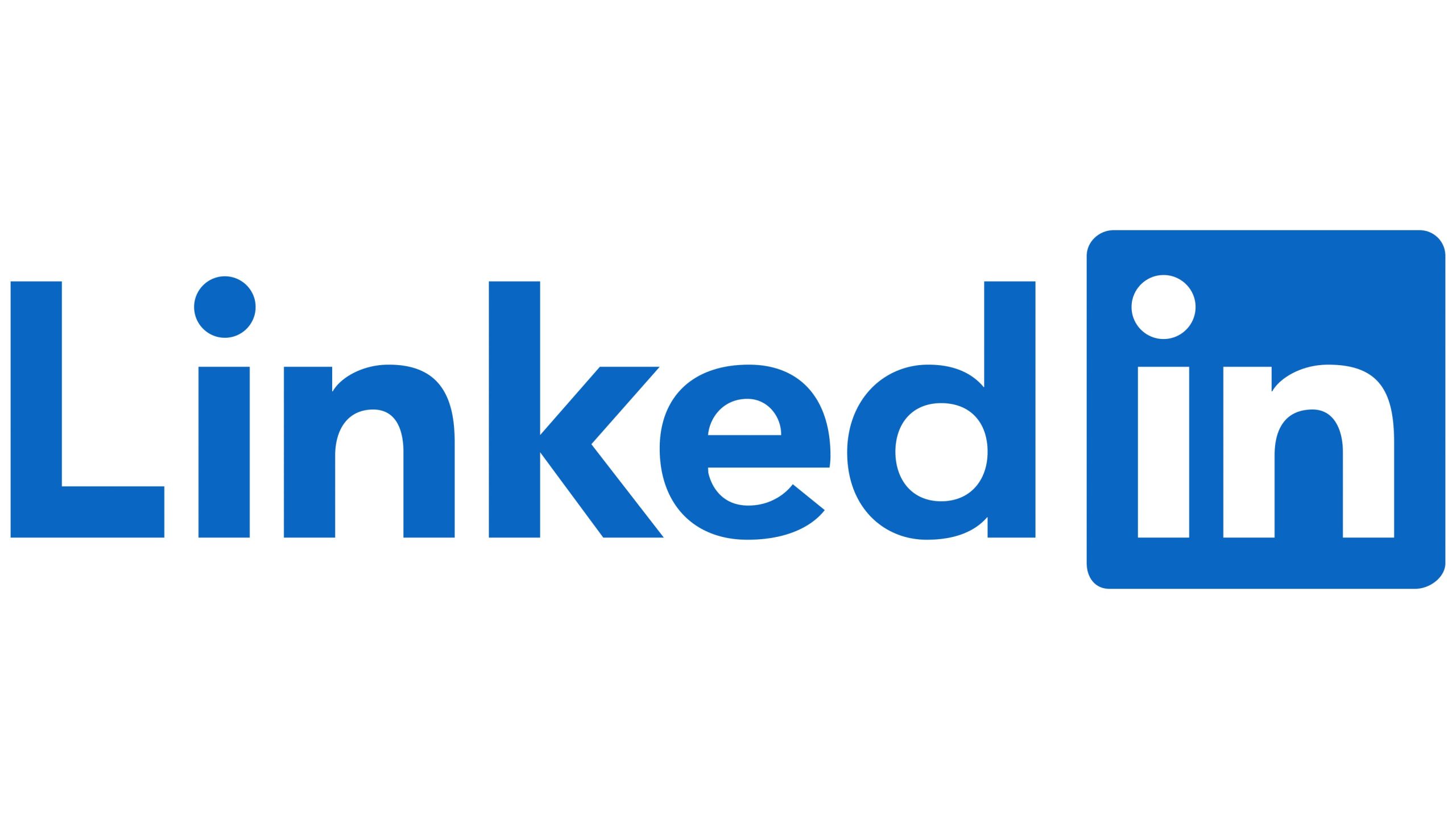
Linkedin is the world’s largest professional network, therefore if you want to accelerate your professional development, you’ll need an optimized and up-to-date LinkedIn profile.
Your Linkedin profile is your chance to put your name and face in front of hundreds (or even thousands) of industry professionals. That is critical if you are seeking for a job.
However, simply having a Linkedin page is not sufficient. You’ll need a LinkedIn profile that stands out, says the right things, and connects you with individuals who can help you develop in your career. Here are some simple strategies to make your LinkedIn profile stand out:
1. Select the appropriate profile photo for LinkedIn: A picture conveys a thousand words. It’s how others learn about your visual identity. It establishes the tone for their initial impressions. You must use a recent professional photo of yourself that reflects your genuine brand.
2. Include a backdrop photo: A background photograph tells the story of your work life. It reveals a lot about your personality and career. It piques people’s interest, establishes the scene, and exposes a little more about what you value. The right background photo, more than anything else, helps your page stand out, engages attention, and is remembered.
3. Design an eye-catching LinkedIn Headline: Rather of just listing your job title, explain what you do and how it benefits your organization. Explain your function, why you do what you do, and what inspires you. Include keywords related to you and your career journey. Consider it a miniature billboard promoting you. Remember to keep your target audience in mind. Are you speaking with other industry professionals or recruiters? Write for the audience you wish to attract.
4. Your LinkedIn summary: Your summary is a longer version of your headline, and this is your chance to tell your own tale. Try to explain why your skills are valuable and how they can help the people you work with. Tell us more about the problem you’re trying to resolve. Don’t be afraid to put in the time, make a few adjustments, and run your synopsis by some people. This is the most personalized piece of content marketing you will ever generate, and it is well worth the time and work. Be imaginative and create an image of who you truly are as a professional.
5. Customize Your Experience: It’s a good idea to tailor your LinkedIn profile to the industry in which you work or want to work, as well as the position you now have or the career path you wish to pursue. In your job descriptions, highlight the areas of your previous work experience that are most relevant to the positions you want. To explain not only what you did in each position, but also what you accomplished, utilize two to four engaging and appealing bullet points and forceful action phrases.
6. List your relevant skills: It’s one of LinkedIn’s quickest wins: simply browse through the list of skills and choose those that apply to you. This supports the description in your Headline and Summary while also providing a space for others to promote you. The difficulty, however, is to remain current. A long list of skills that aren’t essential to who you are or what you do may become tedious. Every now and then, do a spring cleaning on your talent list.
7. Add Links and Media to Your Work Experience: You can include links, photos, videos, and files in the “Experience” and “Featured” sections, respectively. So, take advantage of this. Link to your company’s website, projects you’ve worked on, articles or reports you’ve authored, or anything else that will allow recruiters to see the work you’re writing about for themselves.
8. Add licenses, credentials, projects, volunteer work, accomplishments, and languages: There are more sections underneath your work experience and education that highlight your background and qualifications. Do you know a second language? Have you ever received a big award or authored an article for a renowned newspaper in your field? Are you licensed to practice in more than one state? Including this information in your profile is a great way to highlight your unique talents while also allowing you to incorporate more keywords. However, if these skills and experiences are crucial to landing your future job, you should include them early in your resume.
9. Seek recommendations that are powerful, relevant, and recent: Recommendations help you develop a professional reputation. You can get references from people with whom you’ve worked closely, and be sure to include talking points to help frame the story you want your profile to tell. Your recommender should be aware of your professional goals, as well as the skills and experiences you want them to highlight. Also, ensure that your suggestions are up to date.
10. Establish a Custom Profile URL: When you first establish a LinkedIn profile, you are given an automatically generated URL that is a clunky string of digits. A more professional, unambiguous, name-only URL is much easier to identify, understand, and distribute.
Okay, you’ve gotten through the list. You should now have all of the necessary information to create a great LinkedIn profile. All you have to do now is sit back and wait for the employment offers to arrive!
